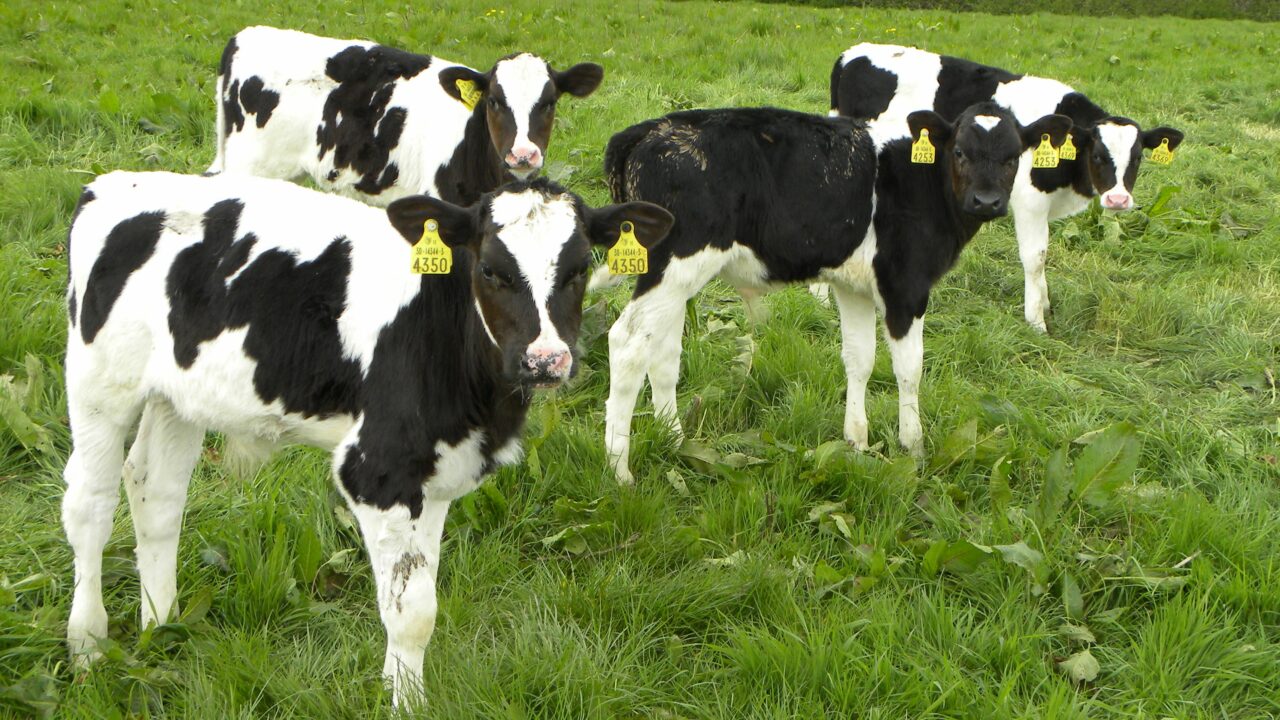Coccidiosis in calves is caused by the same organisms that cause cryptosporidiosis.
Where cryptosporidiosis is often seen in younger calves shortly after birth, coccidiosis more often affects older calves.
Coccidiosis is a disease of the intestine and is often seen in calves ranging in age from three weeks to six months of age.
There is currently no vaccine for coccidiosis, but cattle can get immunity to the condition as they develop.
Calves that are housed in a dirty environment are more likely to come into contact with protozoa.
Infected calves excrete large amounts of oocytes (eggs) which, in turn, contaminate the environment and lead to the rapid spread of the disease.
Coccidiosis
Coccidiosis often causes a watery scour as it damages the mucosa of a calf’s intestine.
This damage reduces the calf’s ability to absorb fluids and nutrients.
This causes the calf to become dehydrated, which can lead to the calf passing blood, shedding part of intestine lining, and becoming weak and uncoordinated.
This leads to a reduced thrive, which often leads to the affected calf falling behind the rest.
In some herds, sub-clinical cases can occur, with very little symptoms present. Calves impacted can often recover without intervention, but thrive in these calves can be affected.
Treatment
Calves that are affected should be removed from the main group and given electrolytes to prevent dehydration.
Consult with your vet to determine if further treatment is required.
Prevention is always the best cure, although it is important that calves are exposed to protozoa to allow them build immunity.
This should only be in small amounts as over exposure can lead to calves becoming sick with the disease.
Maintaining hygiene levels is the calf shed is important, ensure that bedding is kept fresh and topped up regularly, and overstocking should be avoided.
If coccidiosis has been an issue on your farm, you must use a disinfectant that is effective against oocytes.
